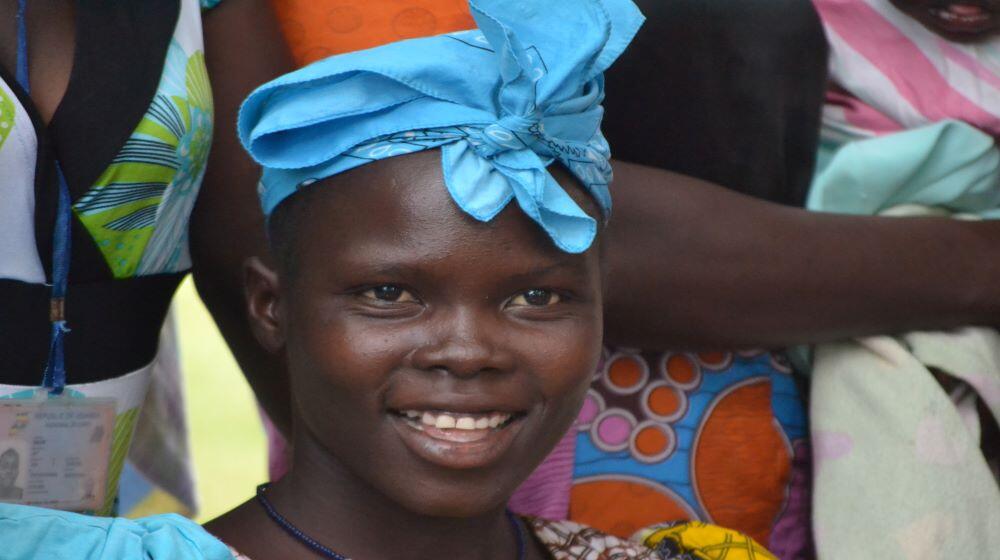Kaila! In Fiji, it means to cry out loud. It can announce a celebration—or be a passionate call to action. At a moment of profound planetary crisis, Fiji and other Small Island Developing States are crying Kaila, warning the world that we must act on climate change before it is too late.
At acute risk from rising seas and other dire consequences, Pacific Island States are at the fore in urging climate action. They have also recognized, through an agreement among health ministers, that investing in reproductive health is an investment in resilience to climate change. Any country where women and young people cannot realize the right to health and bodily autonomy will not rise to meet the challenges of the climate crisis.
This year’s World Health Day spotlights the climate crisis as the biggest threat to human life and health. Up to 3.6 billion people, nearly half of humanity, are reported to live in climate change hotspots. Many struggle to find sufficient food, water and income, with the most acute risks among those already vulnerable due to poverty or discrimination based on gender, race, age, disability or other factors.
The climate emergency imperils progress towards all our global goals, including achieving sexual and reproductive health and rights for all. Shifting temperatures and other climate consequences may lead to pregnancy losses or low birth weight. Natural disasters often disrupt provision of contraceptive services, which can lead to an increase in unintended pregnancies. Climate-induced disasters can also upend programmes to respond to gender-based violence, and where people are displaced, child marriages and other harmful practices also tend to rise.
Since climate change is already happening and is likely to worsen, it is imperative that we act and adapt, including through upholding sexual and reproductive health and rights as a foundation of resilience and of the sustainable well-being of societies overall.
We know that when women and girls can take control of their bodies and lives, it strengthens their ability to adapt to and weather the impacts of the climate crisis. They must have agency in making their own sexual and reproductive health choices, which stems first and foremost from having access to quality services, information and supplies. For this, health systems must also be resilient, able to maintain these essential and life-saving services. Resilient protection systems to prevent and respond to gender-based violence must also be in place to support survivors and create safe and supportive spaces for families and communities.
UNFPA recently took stock of 50 national climate action plans, finding references to health in all of them, and to gender in 36. Yet only six specifically mentioned sexual and reproductive health and rights, despite their fundamental connections to health, resilience and gender equality.
Kaila! This is our wake-up call. We are not preparing well enough, even as some countries have sounded the alarm. So too have mass movements of youth and women who are leading efforts to mitigate and adapt to the climate crisis. They are marshaling attention to gaps in our global ambitions, shaping national action plans and devising clean energy solutions that reach poor communities, who are often hit the hardest by the fallout of climate change.
It is time to hear their cry and follow their lead. Humans created the climate crisis, and we must solve it, starting by upholding the sexual and reproductive health, rights and choices that can help us create a healthier future for people and the planet.



